Featured in the recent BRCGS Food Safety Europe event was a talk by their Technical Food Specialist, John Figgins, who outlined the common non-conformities of BRC Issue 8 ahead of the incoming Issue 9 revamp.
It was a very informative presentation (as John’s presentations always are!), made all the more interesting by the fact that the BRC auditors’ observations with regard to lubrication, reliability and maintenance issues match what the Activate team regularly see when visiting new food production sites.
Frustratingly, these issues would not occur if a proper approach to lubrication culture was adopted from the outset. Happily, on the flip side, this means that rectifying weaknesses is straight-forward with the right lubrication partner’s knowledge and support.
Two points on the BRC list are directly related to lubrication - maintenance and chemical controls. Here are the common non-conformities identified:
Maintenance
Failure of internal audits & inspections
• Teams are simply not aware of problems, even though they may be in plain sight
Maintenance culture
• Either somebody knew of an issue but didn’t report it or they weren't aware of its significance
Incomplete procedures and/or processes, or failings in them
• Inbuilt problems that make non-conformities natural occurrences
Lack of training and/or competence
• Leading to problems that would not have occurred with complete knowledge
Chemical controls
Absence of monitoring
• Non-conformities go unnoticed and often compound over time
Staff knowledge and training
• Leading to problems that would not have occurred with complete knowledge
Faults with, or a lack of, storage
• Often resulting in confused inventory with increased risk of mis-application
Lubrication culture
• Time-based, reactive maintenance rather than pro-active, data-driven precision lubrication
A key point taken from the presentation, which we feel is perhaps the most essential factor involved, is the importance of understanding the root cause of conformance breaches and adjusting procedure to repeatedly avoid falling foul of the same issues.
Activate, of course, would recommend going beyond compliance and creating an entire lubrication / maintenance culture that builds in best practice from the start, and every following step of the way.
That is why all Activate systems, products and services are geared towards achieving the following:
• Guaranteed audit compliance
• Improved reliability and asset life
• Reduced downtime and maintenance costs
• Increased OEE
It’s what we call the science of running smoothly – replacing lubrication-related losses with Lean gains for immediate, tangible business benefits. Talk to one of our expert advisors to find out more!









